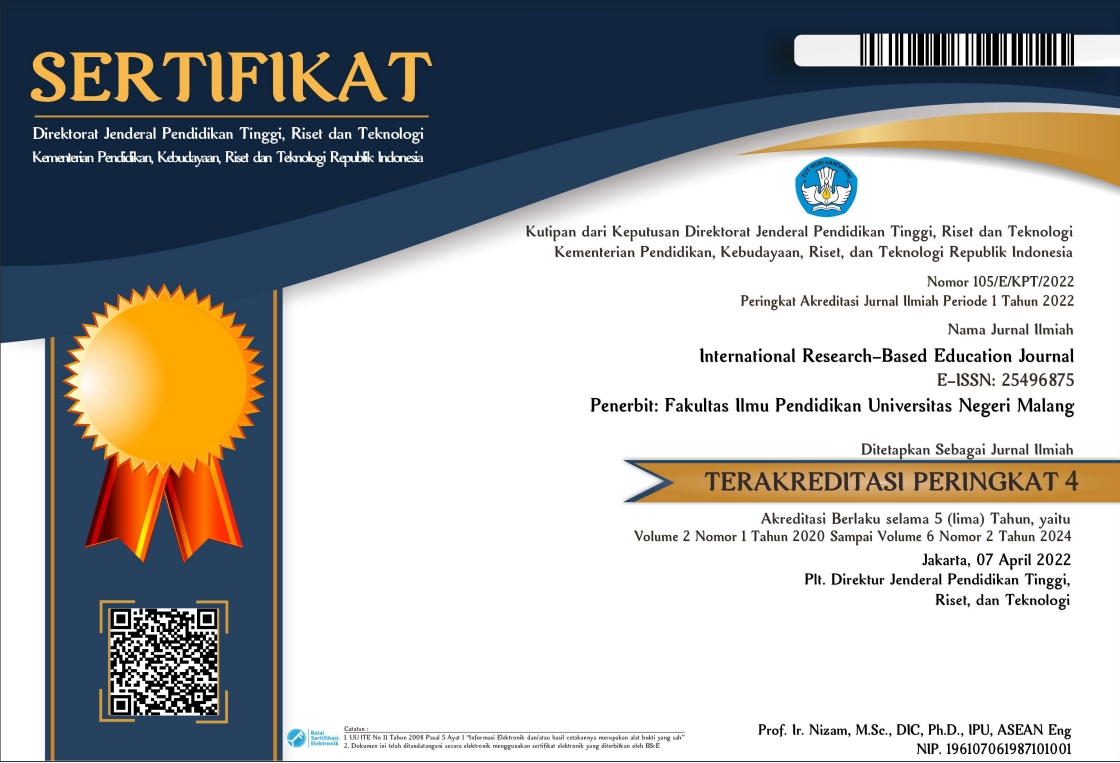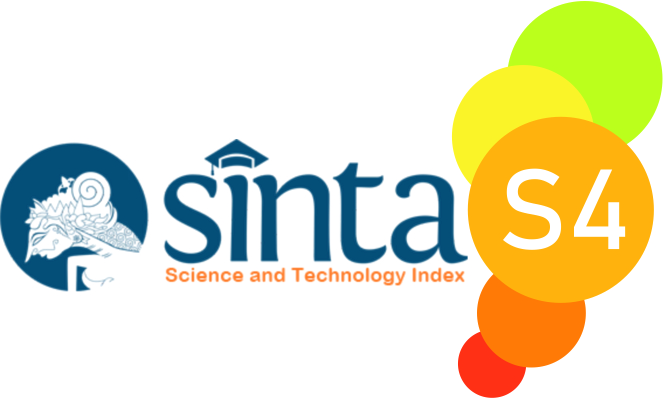The Authoritarian Leadership on Educators' Competency Influence
Abstract
The Authoritarian Leadership Style adopted by the Principal as a leader in an educational institution will have an impact on the competence of educators, both positive and negative impacts. Authoritarian leadership classically has a more structured relationship within an organizational scope, especially in directing the teaching staff under it as a whole and intact because there is no intervention in directing the direction of the institution. This article aims to determine the impact manifested by the Principal's Authoritarian Leadership Style as the head of the agency and the relationship between authoritarian leadership style to the competence of the teaching staff. This research method uses a literature study that describes previous research to find existing data and findings and present them in the discussion of the problems of this article. The findings presented point to the emergence of negative and positive impacts and their relationship to the competence of educators in an educational institution that uses the Authoritarian Leadership Style of the Principal as the head of the agency.
Keywords
Full Text:
PDFReferences
Burkle. F. 2019. Character Disorders Among Autocratic World Leaders and The Impact on Health Security, human Rights, and Humanitarian Care. Prehospital and Disaster Medicine. Cambridge University Press.
Chatib, M. 2014. Gurunya Manusia. Bandung: Mizan Pustaka.
Selvi, K. (2010). Teachers’ competencies. In Cultura. International Journal of Philosophy of Culture and Axiology. https://doi.org/10.5840/cultura20107133
Souto-Manning, M. 2012. Teacher as researcher: Teacher action research in teacher education. Childhood Education, 88(1), 54-56.
DOI: http://dx.doi.org/10.17977/um043v1i1p28-35
Refbacks
- There are currently no refbacks.

This work is licensed under a Creative Commons Attribution-NonCommercial-ShareAlike 4.0 International License.










1.png)


